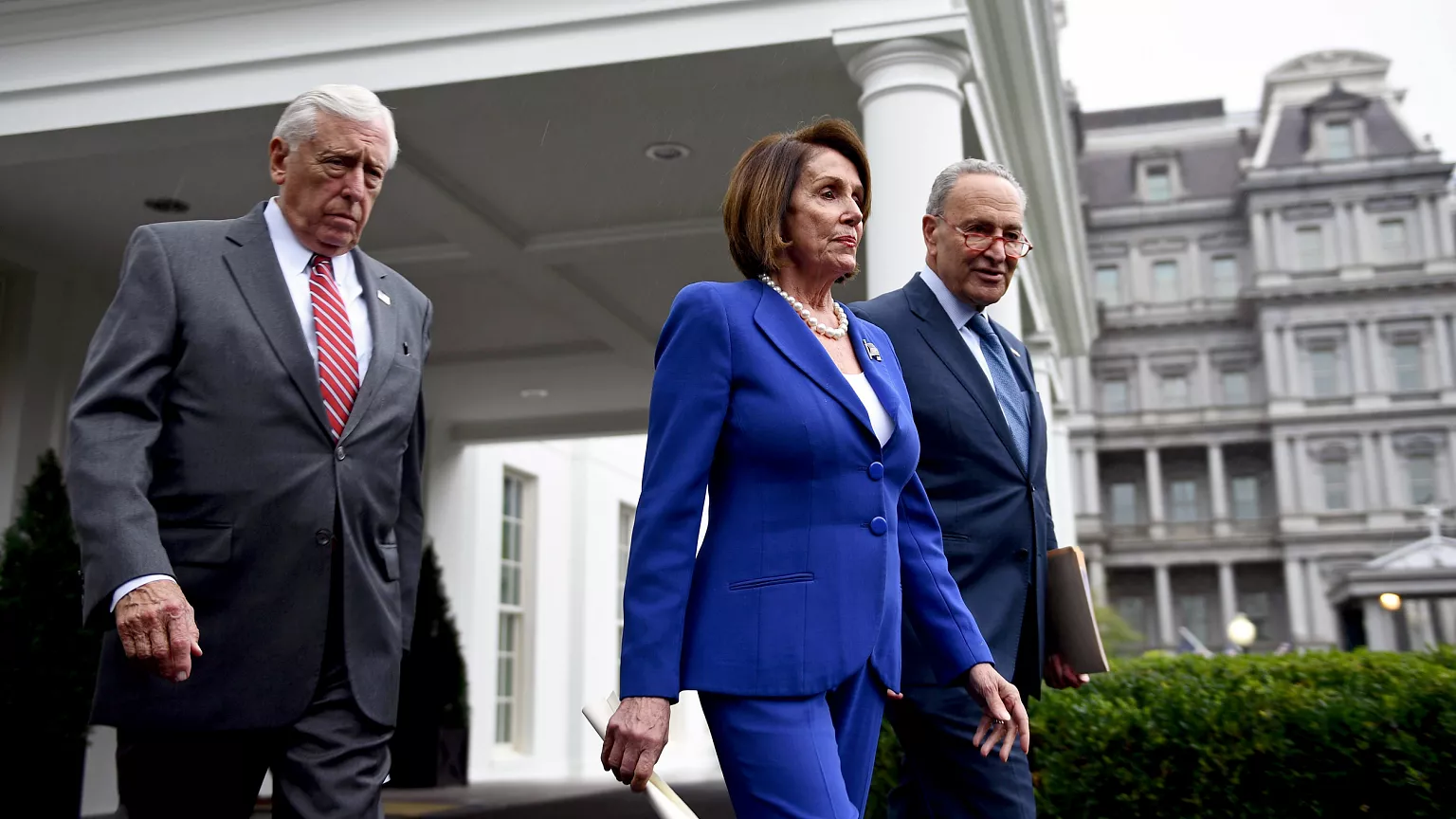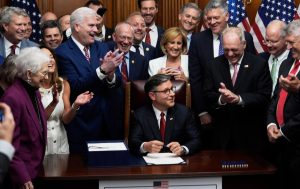In a dramatic shift reflecting the evolving political and cultural landscape of the United States, a recent Gallup poll shows that pride in being American has reached a historic low among Democrats, particularly younger generations. The poll, discussed on CNN by chief data analyst Harry Enten, reveals a stunning drop in national pride among Democrats over the past decade, with many analysts linking the decline to former President Donald Trump’s political resurgence.
According to the data, just 36% of Democrats in 2025 say they are “extremely” or “very” proud to be American, compared to 80% in 2015—a drop of more than half. This decline coincides closely with Trump’s rise and re-election, reflecting a growing partisan divide over national identity and what it means to be “American” in the current political era.
“This is a number I never thought I’d see,” Enten remarked on CNN, noting that the figures represent the lowest level of Democratic pride Gallup has recorded in this century. “It’s a complete reversal from where we were ten years ago.”
The generational divide is equally striking. Among Generation Z—those born after 1997—only 24% expressed high levels of pride in being American. Even more concerning to some observers, 32% of young respondents said they felt little or no pride in being American at all.
This generational sentiment appears to reflect broader disillusionment with the U.S. political system, social injustices, and perceived failures in addressing critical issues such as climate change, gun violence, and economic inequality. The numbers also underscore how Trump’s return to the White House has alienated many younger, progressive-leaning voters who view his presidency as a step backward for civil rights, democracy, and unity.
By contrast, Republican pride in being American remains strong and steady, with 92% of Republicans in 2025 stating they are “extremely” or “very” proud to be American. That figure is almost identical to the 90% recorded in 2015, during Barack Obama’s presidency. “Republican pride hasn’t changed much at all,” Enten noted. “In fact, it has slightly increased.”
The stark contrast in patriotic sentiment between the two parties is symbolic of the broader polarization gripping the nation. What was once a broadly shared value—pride in country—has now become a partisan indicator, with political affiliation playing a significant role in whether one feels connected to national identity.
Critics on both sides of the aisle are taking notice. Some conservatives argue that declining Democratic pride signals a troubling shift away from traditional values. On the other hand, progressives counter that pride must be earned through progress, equity, and accountability—not merely inherited or declared.
As America heads deeper into Trump’s second term, this data may foreshadow growing unrest and political disengagement among younger liberals. Whether these trends are temporary or reflective of a longer-term shift in American self-perception remains to be seen.
One thing is clear: what it means to be proud of America is no longer a shared ideal—but a deeply divided one.

Sarah Mitchell is a bestselling novelist recognized for her insightful and emotionally resonant stories that explore the complexities of human relationships. Originally from Denver, Colorado, Sarah grew up in a family of teachers who nurtured her curiosity and love for storytelling. She studied psychology at Stanford University, where she became fascinated by the intricacies of human behavior—an interest that would later shape her writing career. Sarah’s novels are praised for their nuanced characters, intricate plots, and ability to capture the subtle tensions that define love, friendship, and family ties. Her breakthrough novel, The Spaces Between Us, became an instant bestseller, lauded for its honest portrayal of strained family relationships and the fragile bonds that hold people together. Since then, she has published several works that continue to captivate audiences around the world. Outside of her writing career, Sarah is passionate about mental health advocacy and often partners with organizations to promote awareness and support for those struggling with emotional well-being. Her personal life is quieter—she enjoys hiking in the Colorado mountains, practicing yoga, and spending time with close friends. With each new book, Sarah Mitchell cements her reputation as a writer who illuminates the beauty and struggles of human connection.








